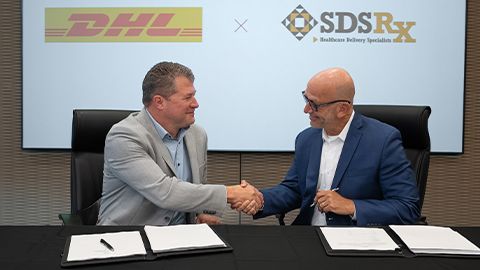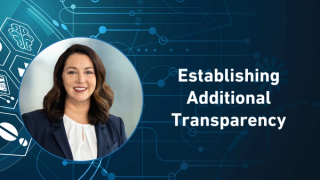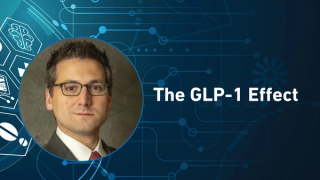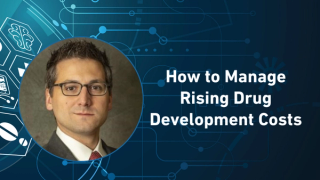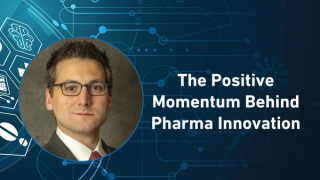
Business and Finance
Latest News

Latest Videos

Podcasts
More News

This episode of Pharma Pulse covers reports of a White House executive order to restrict treatments discovered in China, new data showing robust immune responses from Pfizer and BioNTech’s COVID-19 vaccine in high-risk adults, and Samsung Biologics’ latest US manufacturing deal amid tariff uncertainty.

The South Korean CDMO has signed its second multi-billion-dollar contract in less than a year, even as shifting US trade policies and looming tariffs create challenges for global drugmakers.

This episode of Pharma Pulse covers Florida’s plan to roll back school vaccine mandates amid a measles outbreak, President Trump’s renewed focus on limiting direct-to-consumer pharma advertising, and ICER’s latest cost-effectiveness analysis of GLP-1 obesity treatments semaglutide and tirzepatide.

This episode of Pharma Pulse covers Novartis’ acquisition of Tourmaline Bio to advance its cardiovascular candidate Pacibekitug, new research uncovering biological and immunological factors driving flu severity in older adults, and strategies to address the top five reasons patients don’t take their medications.

This episode of Pharma Pulse covers the FDA’s decision to restrict bulk ingredients for compounded GLP-1 therapies, new evidence showing RSV vaccines improve cardiorespiratory outcomes in adults over 60, and pharmacy owners’ concerns over barriers to participating in the Medicaid Drug Price Negotiation Program.

By reducing waste, improving forecasting, and strengthening payer negotiations, these technologies are helping pharmaceutical companies unlock efficiency, accelerate adoption, and differentiate in competitive markets.

This episode of Pharma Pulse covers Gilead’s groundbreaking on a new technical development hub to accelerate biopharma innovation, the World Health Organization’s decision to add GLP-1s to its Essential Medicines List for diabetes, and new data showing high-dose influenza vaccines reduce heart risks in older adults.
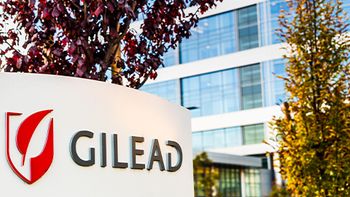
The new 180,000-square-foot facility in Foster City anchors the company’s long-term $32 billion investment in domestic manufacturing and R&D.

This episode of Pharma Pulse covers President Trump’s appeal to the Supreme Court to preserve pharma tariffs, Sanofi’s 10% stock drop after Amlitelimab failed in Phase III, and new research showing how the COVID-19 pandemic reshaped pneumococcal mortality trends.

Following a federal appeals court decision that struck down much of his tariff authority under the International Emergency Economic Powers Act, President Trump is asking the Supreme Court to fast-track review.

This episode of Pharma Pulse covers Amgen’s $600 million investment in a new California R&D center, Novartis’s collaboration with Argo Biopharmaceuticals to boost its cardiovascular pipeline, and new data showing Wegovy outperforming tirzepatide in reducing major adverse cardiovascular events.
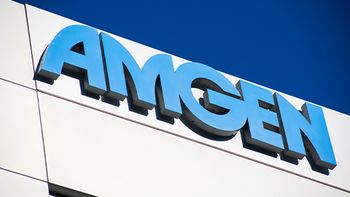
The company is committing over half a billion dollars to build a state-of-the-art research hub in Thousand Oaks, CA, designed to accelerate next-generation therapeutics through advanced automation and collaboration.

Why the life science industry needs to move away from omnichannel marketing strategies and toward optichannel approaches that boost personalization and ROI in an era of shrinking budgets.

This episode of Pharma Pulse covers rising influenza vaccination rates among historically underserved populations, a new Circurna–GATC Health partnership using AI to advance circular RNA therapies, and fresh research showing many statin-intolerant patients are self-medicating despite limited benefits for lowering LDL cholesterol.

This episode of Pharma Pulse covers new evidence that childhood PCV10 vaccines indirectly protect unvaccinated adults, Eli Lilly’s pause in UK Mounjaro shipments following a major price hike, and the FDA’s Complete Response Letter to Outlook Therapeutics’ resubmission for Lytenava in wet AMD.
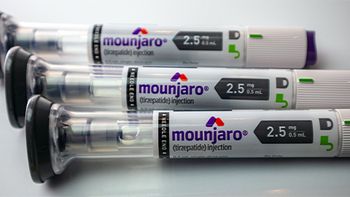
Lilly has temporarily halted UK shipments of Mounjaro until Sept. 1, when new list prices take effect.

This episode of Pharma Pulse covers Susan Monarez’s rejection of White House efforts to remove her as CDC director, new analysis on how long-lasting drug shortages expose systemic supply chain weaknesses, and the FDA’s approval of the first generic liraglutide for weight management.
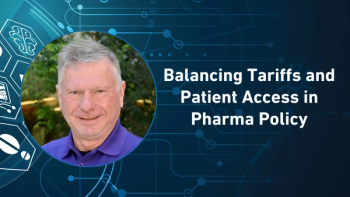
In the final part of his Pharma Commerce video interview, Dave Malenfant, a healthcare supply chain expert, emphasizes that patient access must remain the top priority, even amid steep tariffs, citing cases like orphan drugs and oncology treatments where government flexibility is essential.

CCT is strengthening its Asia-Pacific footprint through new hubs in Tokyo and Mumbai, expanded distributor partnerships in China and Australia, and rebranded regional operations

With potential tariffs reaching 250% and new federal initiatives like SAPIR and most-favored nation pricing reshaping incentives, this explainer explores how major drugmakers are pouring billions into US facilities.
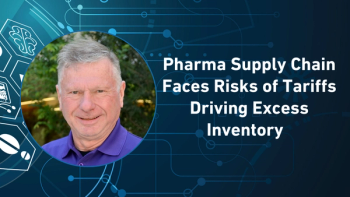
In the fourth part of his Pharma Commerce video interview, Dave Malenfant, a healthcare supply chain expert, cautions that stockpiling to offset tariffs could backfire for pharma companies, leading to expired inventory, higher waste, and costly trade-offs, unless renegotiation strategies are pursued.

The merger integrates EVERSANA’s commercialization services with Waltz Health’s AI-powered payer tools to address patient affordability, streamline drug access, and reduce costs for high-expense therapies such as GLP-1s.

This episode of Pharma Pulse covers the FDA’s new daily adverse event reporting initiative, the CDC’s appointment of an mRNA vaccine critic to lead its COVID-19 immunization workgroup, and Genentech’s $700 million investment in a North Carolina biologics facility.
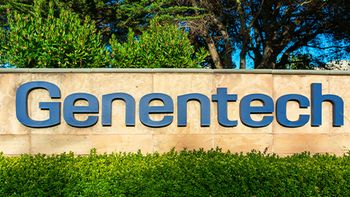
The new 700,000-square-foot Holly Springs site—part of Roche’s $50 billion US investment plan—will focus on metabolic and obesity treatments, create 400 jobs, and strengthen domestic biopharma manufacturing amid shifting tariff and drug pricing policies.

This episode of Pharma Pulse covers FDA findings of contamination and safety lapses at Novo’s Bloomington manufacturing plant, the rise of off-label GLP-1 prescribing and its equity challenges, and AbbVie’s acquisition of bretisilocin to advance treatments for major depressive disorder.


